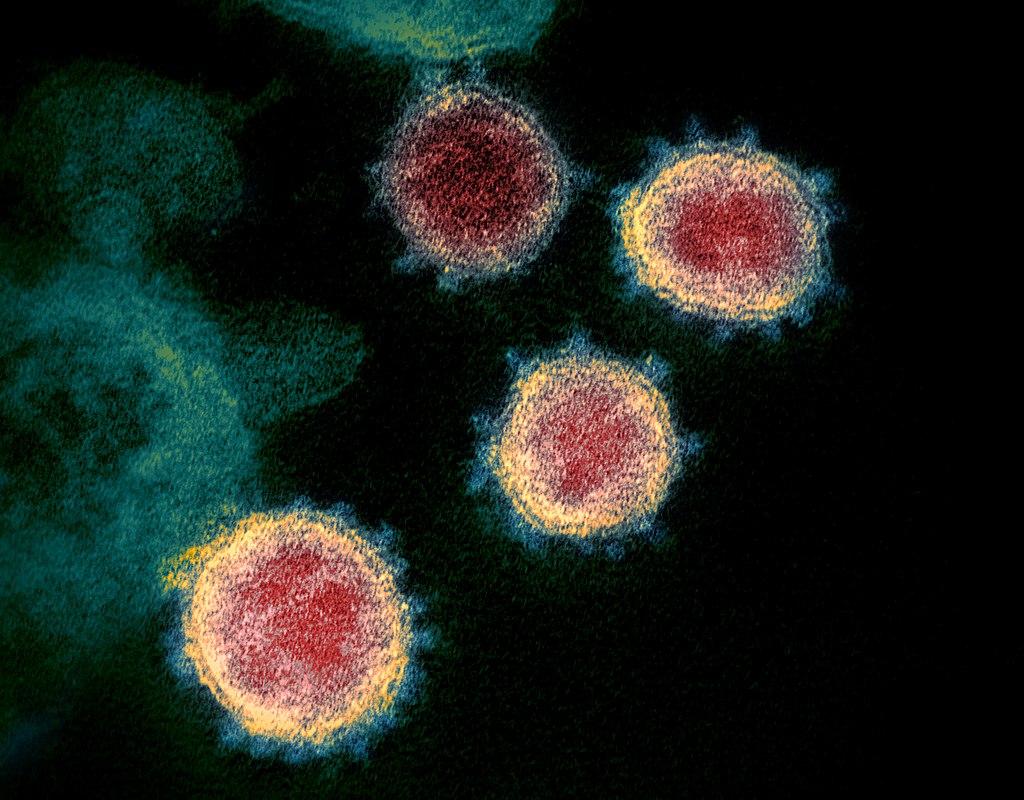News

Microsphere Vaccine Formulation Protects Macaques During SARS-CoV-2 Infection
Recent studies have suggested that an accumulation of sequence variations in the SARS-CoV-2 virus’ spike genome could cause current vaccines to lose efficacy.
A recent study published in the journal Vaccines provides evidence that administering a new vaccine platform prior to viral challenge with SARS-CoV-2 in rhesus macaques provides protection against pneumonia-like lung abnormalities seen in unvaccinated animals.
Vaccination with biodegradable microspheres
After administering a vaccine platform consisting of biodegradable microspheres with synthetic peptides and adjuvants to eight macaques the animals were challenged with 1 × 108 TCID50 units of SARS-CoV-2. Each animal was also equipped with a Star-Oddi DST micro-T logger to measure continuous core body temperature during the study and 35 days pre-challenge.
Following infection, animals were assessed for clinical symptoms and viral load, chest radiographs, and samples of peripheral blood and bronchoalveolar lavage were taken.
Vaccinated animals protected against lung abnormalities
Vaccinated animals did not display pneumonia-like infiltrates, common during SARS-CoV-2 infections. They also presented lower viral loads than the control group.
All four control animals demonstrated a disruption of the diurnal cycle and mild fever lasting 2-5 days post-challenge, while only two of the four vaccinated animals displayed fever and demonstrated a shorter disruption of the diurnal cycle (1-2 days).
The authors conclude that the microsphere vaccine formulation provided macaques against the pneumonia-like lung abnormalities that are typical for SARS-CoV-2 infection.
